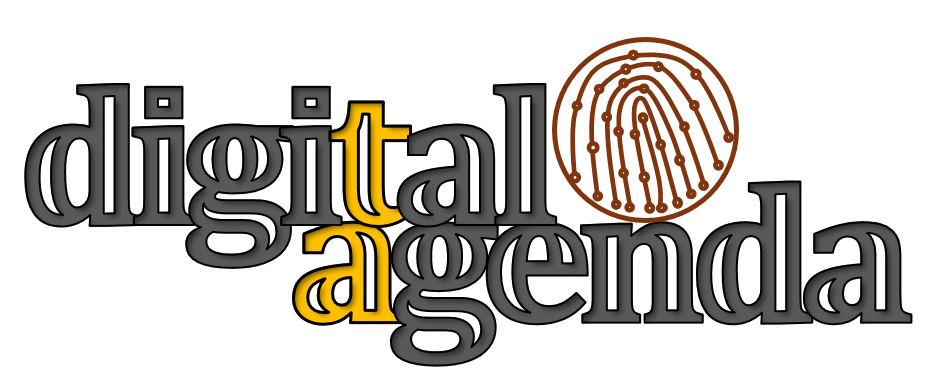While Digital IDs may seem like an inevitable step in modern identification systems, there are viable alternatives that offer more secure and privacy-respecting solutions. Decentralized identification models, for instance, allow individuals to control their personal data and share it only when necessary. These systems, built on blockchain technology, do not rely on a central authority to store information, making them far less vulnerable to hacking or surveillance. By giving users ownership over their own data, decentralized IDs offer a more secure and ethical approach to identity verification.
Another promising alternative is the use of cryptographic methods such as zero-knowledge proofs, which allow individuals to prove their identity without revealing sensitive information. This technology can be applied in various contexts, such as verifying age or eligibility for services, without exposing personal data like birthdates or addresses. By minimizing the amount of data shared during identity verification, cryptographic techniques significantly reduce the risk of data breaches and unauthorized surveillance.
In addition to technological solutions, policy reforms are essential to ensuring that any identification system, digital or otherwise, protects individual rights. Governments should prioritize privacy and security in their regulatory frameworks and seek input from civil society and technology experts when designing these systems. Ultimately, by embracing decentralized and privacy-focused identification methods, we can create a future where personal identification is secure, private, and empowering for all users.

